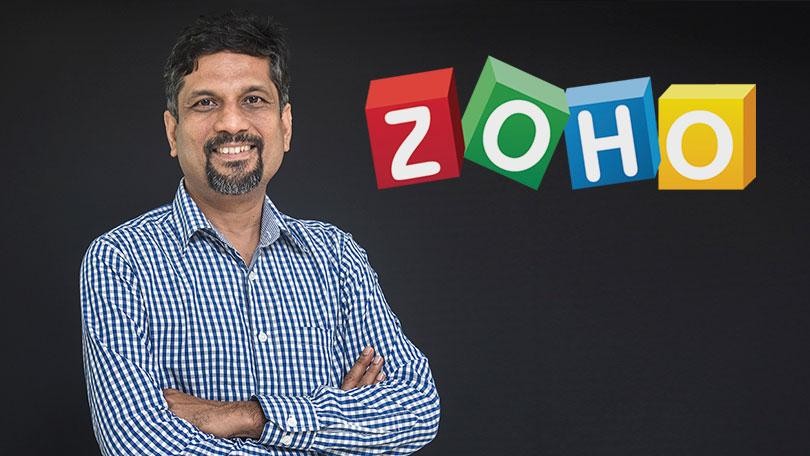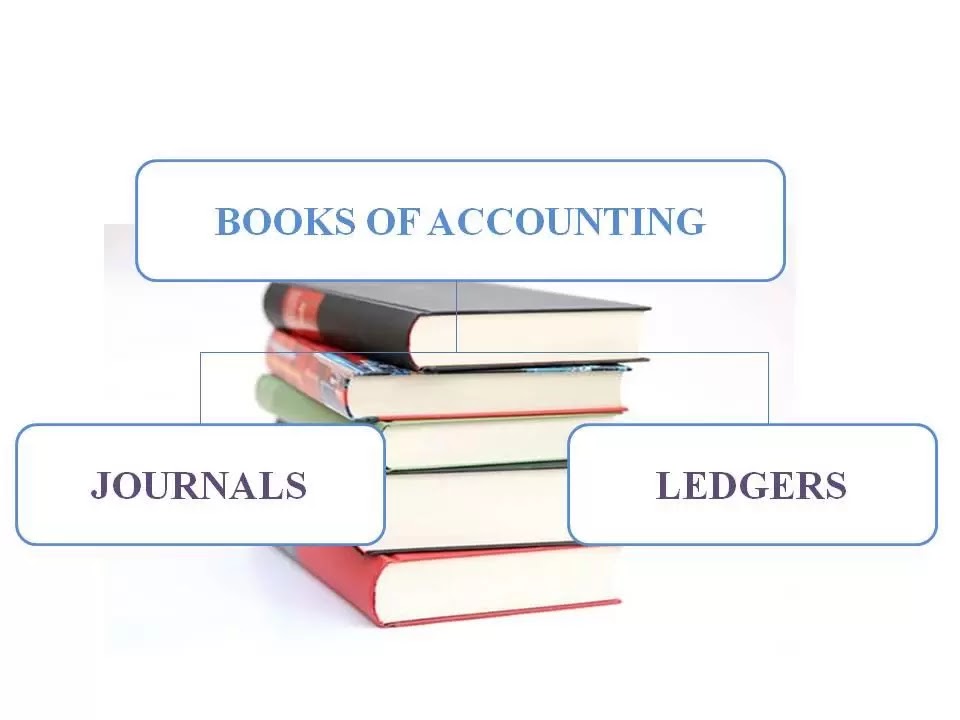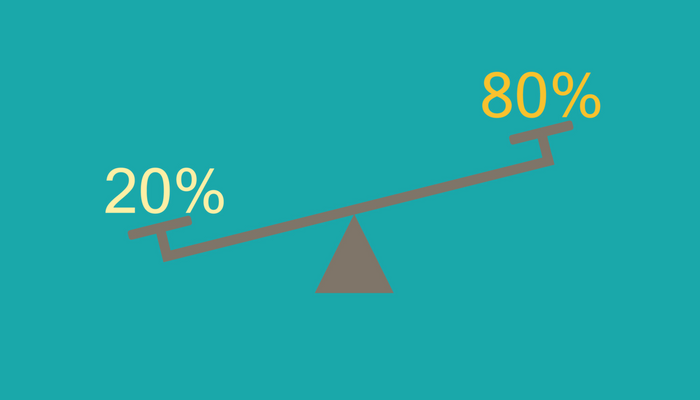How to navigate an economic crisis - Three lessons from Sridhar Vembu

High inflation and increasing interest rates are signaling a recession worldwide. Many businesses are laying off employees, cutting down spending, and closing operations. It’s high time to prepare for the economic winter and be frugal in managing the business.
The CEO and Co-Founder of Zoho Corporation, Sridhar Vembu, is a strong advocate of running businesses very frugally. Sridhar has successfully navigated the dot-com bubble of 2000 and the big housing bubble that led to the global financial crisis of 2008. Overcoming all these challenging periods, Sridhar built Zoho into one of the world's largest privately-held software product companies.
In a recent interaction with his team members, Sridhar talked about the global economic conditions, their impact on businesses, the importance of financial prudence, and how companies should prepare themselves during these times. Let’s go through three key lessons he shared in the interaction.
1. Take care of your people
This is the first and most crucial strategy one should follow during a crisis. Be a strong pillar of support for your people. Communicate with them always, and keep them updated. Be very open about the financial status of your company. Like ‘we have three months of runway left’ or ‘we have six months of runway left,’ and ‘if within 2-3 months we don't do this and this, we may have to let people go.’ This will help them be aware of the financial status of the company and market conditions so that they can be prepared and contribute towards overcoming the challenges.
The worst thing to do is lay off people unexpectedly. Suddenly, one morning people discover that their jobs are gone. It is the worst way to do it. Don't do it; prepare your people, over-communicate, and take care of them. Even if you let go of some people because of inevitable situations, they will appreciate it if you are honest.
Avoid the temptation to place blame, and avoid infighting. This is very common during tough times. Success has many fathers, and failure is an orphan. This is a natural tendency. So be mindful to avoid this.
This is a time for you to show your loyalty to your people. The loyalty you demonstrate to your people now during hard times is what you will receive during good times. So think of it as an opportunity and do what you can to take care of your people.
2. Find your ‘Organically Profitably Addressable Market’ (OPAM)
Crisis periods are the best time to do soul searching for your business. First, analyze the market opportunity. What was the target market? What are your product and market fit? You might have to change your assumptions due to the bubble bursting. The nature of the market itself may be bubble driven, and the assumptions we had made during good times might not be valid anymore. So you should ask yourself, can you tap your target market organically and profitably?
An organically profitable market is a smaller subset of the market that one can profitably target. Sridhar calls this the ‘Organically Profitably Addressable Market’ (OPAM). Organically, you are not earning the market share by making acquisitions or aggressive marketing campaigns. In other words, you are not spending more than you have. You should know what the actual market size is, and this is the crucial point.
During normal times, companies tend to overestimate the market size. Big market size is only achievable if you are willing to spend a lot of money. We don't have that cash available during crisis periods, so we have to pull back. When you cut marketing spending to stop the bleeding, growth projections will take a hit. If you were expecting 50% - 60% growth, you might have to settle for 10%-15% growth. The very critical thing is to focus on having smaller but profitable growth.
Sridhar shared an example from the journey of Zoho. In 2000 Zoho had about eight million in revenue, while two major competitors in that market segment were doing about 50 million in revenue. But the difference was at 8 million, Zoho was making a profit, while at 50 million, those competitors were not profitable. Sridhar estimated the OPAM to be only about 10 million for that market, and he felt that the 50 million they were doing was a bubble.
His observation became true when those two competitors went bust in 2004. While the competitors quickly reached the 50 million mark in that market by spending a lot of unprofitable money, they went bust soon. Zoho continued that eight million business profitably for around more than ten years. From the profit, Zoho re-invested in new market opportunities. They built new products and entered new markets. These new market opportunities led Zoho to all their current growth.
The question you should be asking is: If your OPAM is much smaller than bubble-era expectations, can you reasonably size your company to that smaller OPAM? Can you reinvent your way to growing from a smaller but much stronger Foundation?
3. Aim for “High Gross margin, Low prices.”
This might sound like a contradiction. How can one business have low prices but a higher gross margin? Sridhar says you can achieve this when you add most of the value to your product.
Be mindful of what value your company brings to the final product. When the customer pays most of the value for the element added by your company, you can reduce the price and earn higher gross margins. This will help you withstand market swings as you have a buffer of gross margin.
This high gross margin low, price business model may require you to rethink your current products and business models. In the short term, you must stop the bleeding; in the medium term, you analyze your markets to identify OPAM. Then finally, you have to rethink how you get to that high gross margin low prices model. This is the takeaway.
After every downturn or recession, the economy has always bounced back to be stronger and better. So Keep calm and keep the proper perspective. Keep the correct view of what is happening in the economy. Things may get difficult, but we'll find some way to make a living. So do not panic; keep perspective. This is a critical lesson Sridhar always reminds himself and reminds his team.
Nobody can guarantee results in business. No strategy can ever ensure success. But with these, at least you can say you did your best. Give it your best, and let the universe take care of the remaining.
(Author is a Business Consultant and Startup Specialist at AK & Partners Auditors and Chartered Accountants. AK & Partners is one of the leading audit firms in Qatar. Please send your comments and suggestions to habeeb@akauditors.com)





